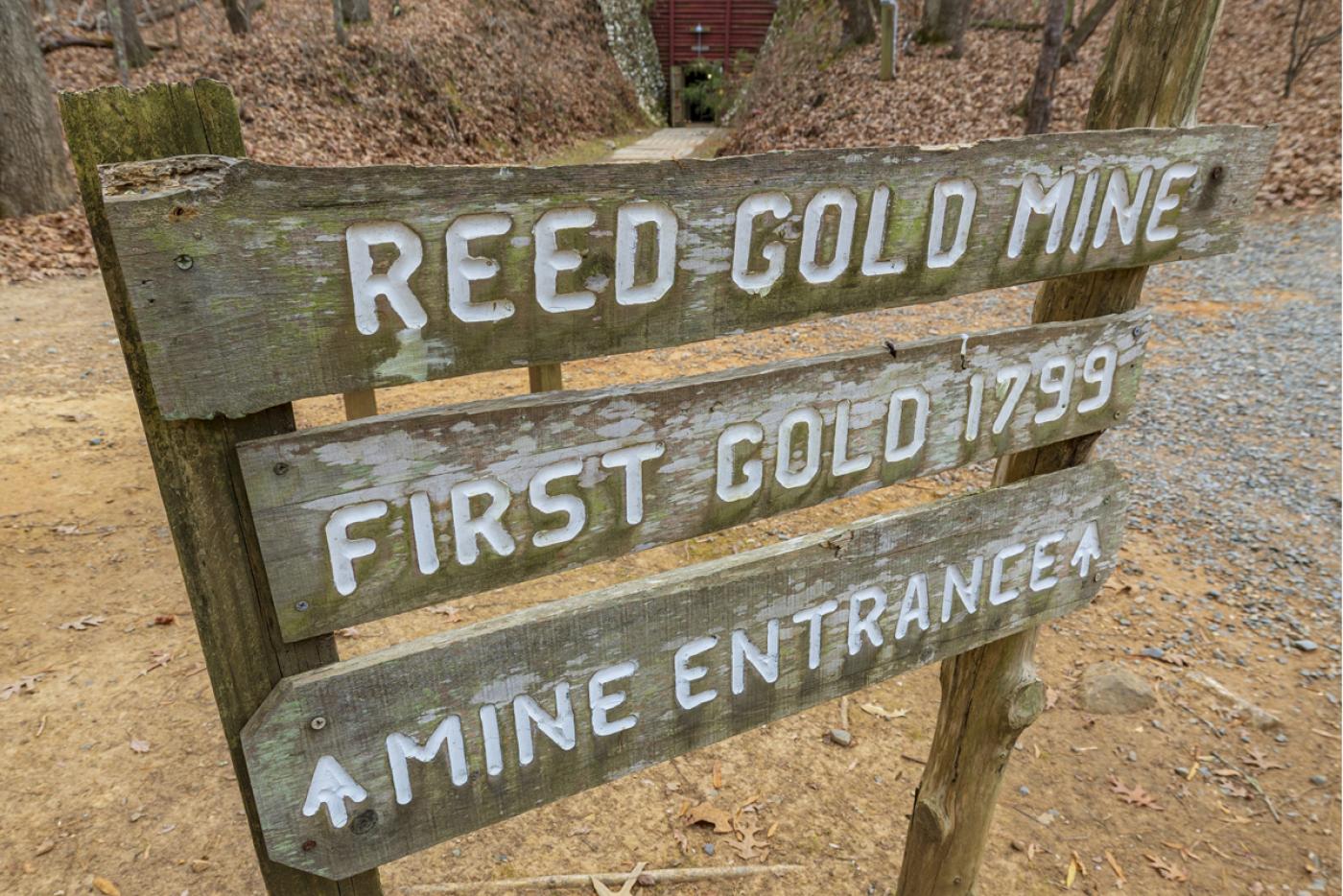Reed Gold Mine State Historic Site will temporarily close to the public to complete a major parking lot resurfacing project. The site expects to be closed for a month, from Nov. 17-Dec. 17. Reed Gold Mine is administered by North Carolina Historic Sites, a division of the N.C. Department of Natural and Cultural Resources.
Full closure of the site (including the visitor center, historic mine, panning area, and trails) is necessary to ensure public safety while work is underway.
“This upgrade to the driveway and parking area will make for a much more pleasant visitor experience,” said Site Manager Amanda Brantley. “We look forward to completing this project quickly so that the public can return in December to enjoy all that Reed Gold Mine has to offer.”
Updates to the site’s operating schedule will be posted on Reed Gold Mine’s social media accounts and website.
About Reed Gold Mine
Reed Gold Mine is the site of the first documented gold discovery in the United States. North Carolina led the nation in gold production until 1848, when it was eclipsed by the great rush to California. Today, the site interprets the history of gold mining and features exhibits on geology and mining technology. Visitors can experience the site through guided and self-guided tours of the historic underground mine, panning for gold, three miles of hiking trails, and a working reconstructed 19th century stamp mill. The site is located at 9621 Reed Mine Rd. in Midland, N.C. 28107. For more information, visit https://historicsites.nc.gov/all-sites/reed-gold-mine or call (704) 721-4653.
About the North Carolina Department of Natural and Cultural Resources
The N.C. Department of Natural and Cultural Resources (DNCR) manages, promotes, and enhances the things that people love about North Carolina – its diverse arts and culture, rich history, and spectacular natural areas. Through its programs, the department enhances education, stimulates economic development, improves public health, expands accessibility, and strengthens community resiliency.
The department manages over 100 locations across the state, including 27 historic sites, seven history museums, two art museums, five science museums, four aquariums, 35 state parks, four recreation areas, dozens of state trails and natural areas, the North Carolina Zoo, the State Library, the State Archives, the N.C. Arts Council, the African American Heritage Commission, the American Indian Heritage Commission, the State Historic Preservation Office, the Office of State Archaeology, the Highway Historical Markers program, the N.C. Land and Water Fund, and the Natural Heritage Program. For more information, please visit www.dncr.nc.gov.

